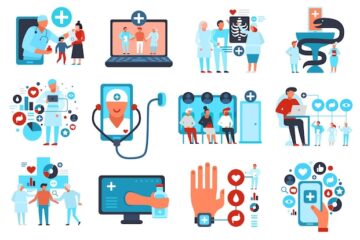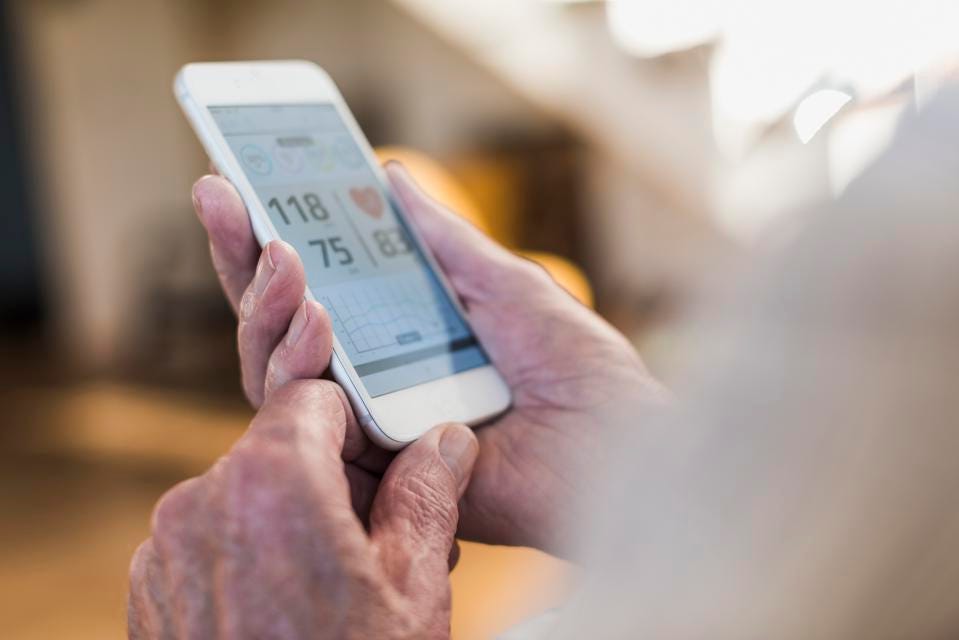During its interim meeting in Orlando this week, the American Medical Association (AMA) approved a list of principles guiding coverage and payment policies concerning mobile health apps and devices.
“The new AMA principles aim to foster the integration of digital health innovations into clinical practice by promoting coverage and payment policies that are contingent upon whether mHealth apps and related devices are evidence-based, validated, interoperable and actionable,” said AMA Immediate Past President Steven J. Stack, M.D. “It is essential for mHealth apps support care delivery that is patient-centered, promotes care coordination and facilitates team-based communication.”
According to the principles adopted by AMA, any mHealth apps and associated devices, trackers and sensors used patients, physicians and others should support the establishment or continuation of a valid patient-physician relationship and have a clinical evidence base to support their use in order to ensure mHealth app safety and effectiveness,
Further, the principles support the adoption of mHealth apps, devices, trackers and sensors that “follow evidence-based practice guidelines to ensure patient safety, quality of care and positive health outcomes” and “support care delivery that is patient-centered, promotes care coordination and facilitates team-based communication.”
And, before adoption such apps should “support data portability and interoperability in order to promote care coordination through medical home and accountable care models” and “abide by state licensure laws and state medical practice laws and requirements in the state in which the patient receives services facilitated by the app.”
The AMA principles also advocate that apps should “require that physicians and other health practitioners delivering services through the app be licensed in the state where the patient receives services, or be providing these services as otherwise authorized by that state’s medical board.”
AMA also advises physicians to alert patients of the potential privacy and security risks for any mHealth apps that they prescribe or recommend, and document the patient’s understanding of such risks, and encourages physicians and the mobile app industry to promote patient awareness of the varying levels of data privacy and security afforded by mHealth apps.
[Source:-Healthcare Informatics]



